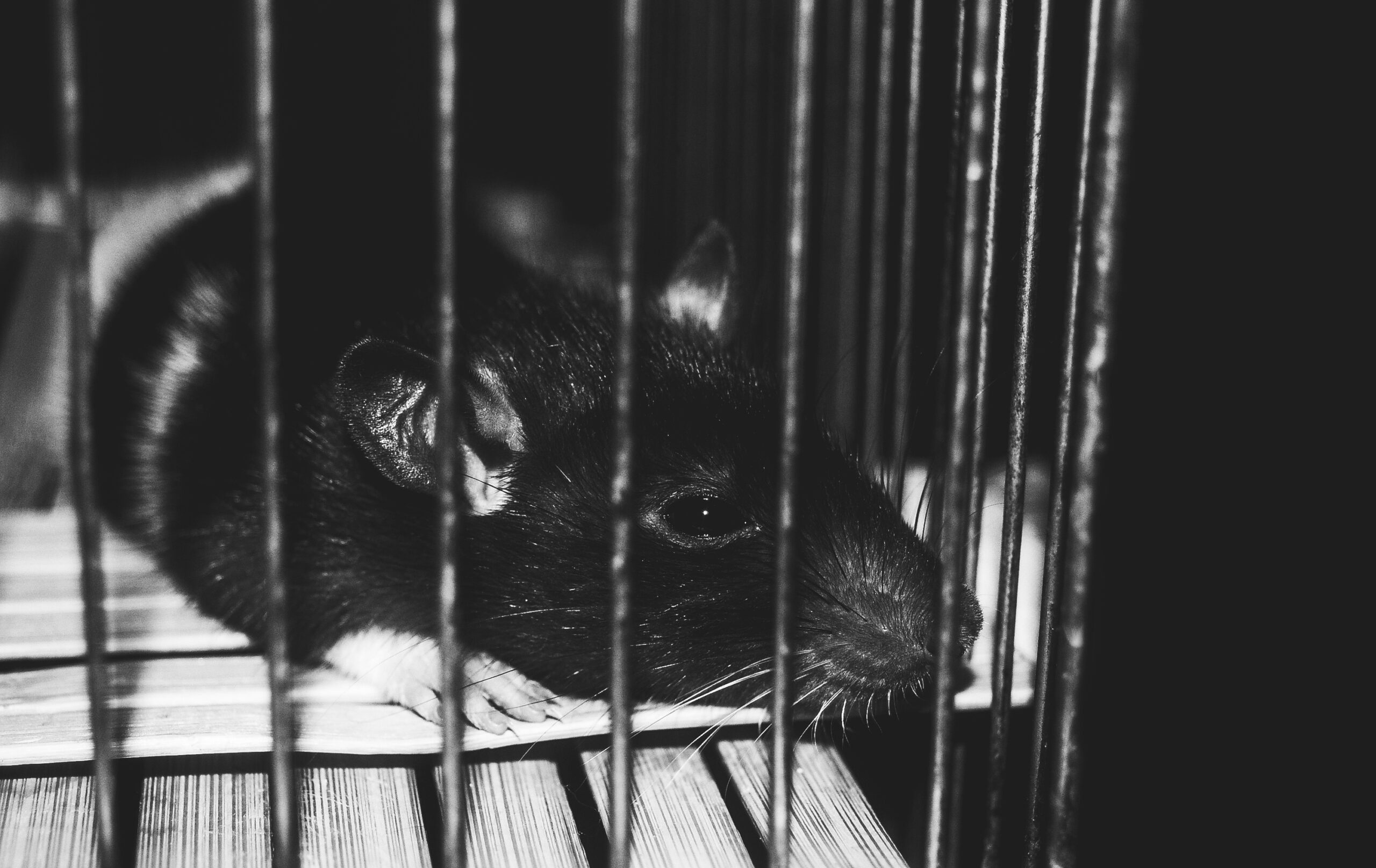Depression affects over 16 million adults in the United States; however, scientists are still not sure of its exact causes. There are many potential causes, such as faulty mood regulation in the brain, hereditary factors, stressful life events, medications like birth control, and other medical problems. Initially, depression was thought to be caused primarily by genetic risk factors. Recently, there has been more examination into the social and environmental causes of depression, such as poverty or stressful life events. Now, it is well established that stress in a person’s life can be a major contributor toward developing depression, but little is known about the mechanism behind it.
Scientists at the Tokyo University of Science studied the effects of secondhand stress in mice. In this experiment, researchers exposed mice to different situations in which they experienced chronic social defeat stress (CSDS), which is a form of stress that arises from losing a conflict in front of a large group. This included isolating the mice and causing them emotional distress by having them lose games, such as competitions for food or fights with larger mice, in front of a large group of mice. The researchers then evaluated the mice for any behavioral signs of depression. They also examined the mice’s dentate gyrus, a region in the hippocampus responsible for sensory perception and memory. This area of the brain is of key interest when studying depression as it controls how different senses are interpreted to form representations and memory.
Researchers performed their experiments on mice
Image Source: dra_schwartz
As expected, the researchers found that mice who had been isolated or made to lose games exhibited signs of depression, and also displayed a decrease in the rate of survival of neurons in the dentate gyrus. However, the researchers also found that mice who simply spent time around the mice exposed to social defeat also showed signs and symptoms of depression. Despite not experiencing social defeat themselves, these mice showed a decrease in their rate of neuron survival. Researchers were able to reverse the effects of social defeat on the brain by administering fluoxetine to the mice, which is a commonly prescribed antidepressant known as Prozac.
Prozac reversed the effects of depression in the mice’s brains
Image Source: Grace Cary
This research had important implications for further research into depression in adults. If second-hand stress is shown to cause depression in humans, psychologists will need to redefine how they treat depression. Furthermore, the potential of fluoxetine as a permanent solution to reverse the effects of depression on the brain holds attractive potential. Further studies need to be done to confirm these results in humans, but the findings so far are promising.
Featured Image Source: zlata_titmouse










